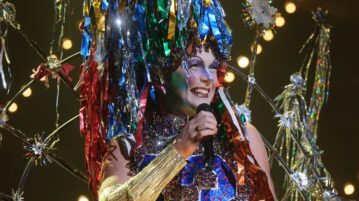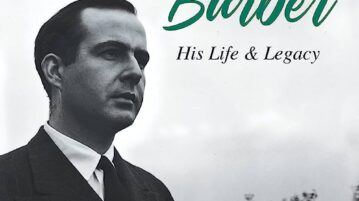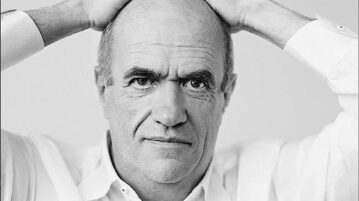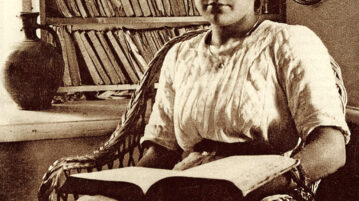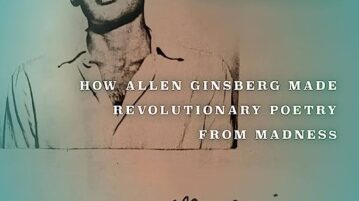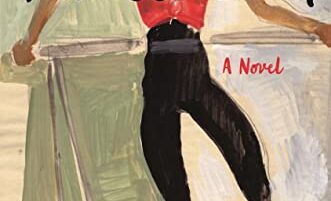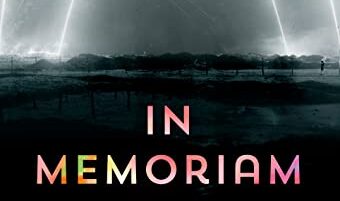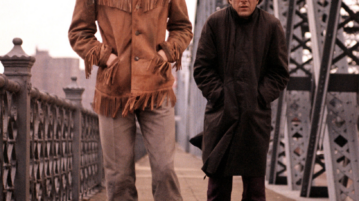
Midnight Love Affair
In his reconsideration of Midnight Cowboy, Jon Towlson suggests that, when seen from all of these perspectives, the film represents an important turning point in the presentation of gay themes—not quite a celebration of gay male bonding but a crucial step in this direction and thus a forerunner to many films that followed.
More

